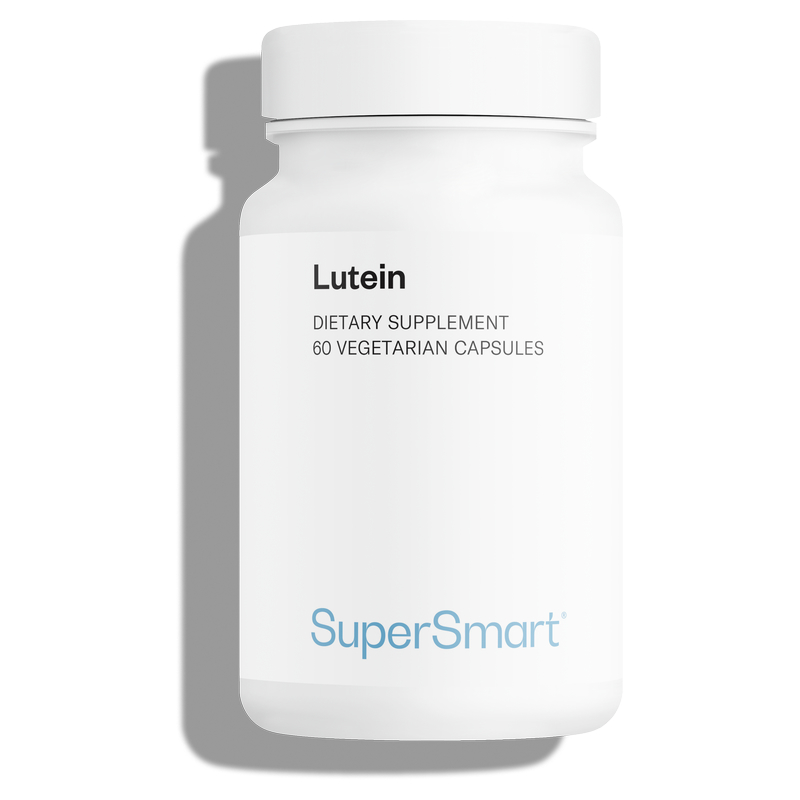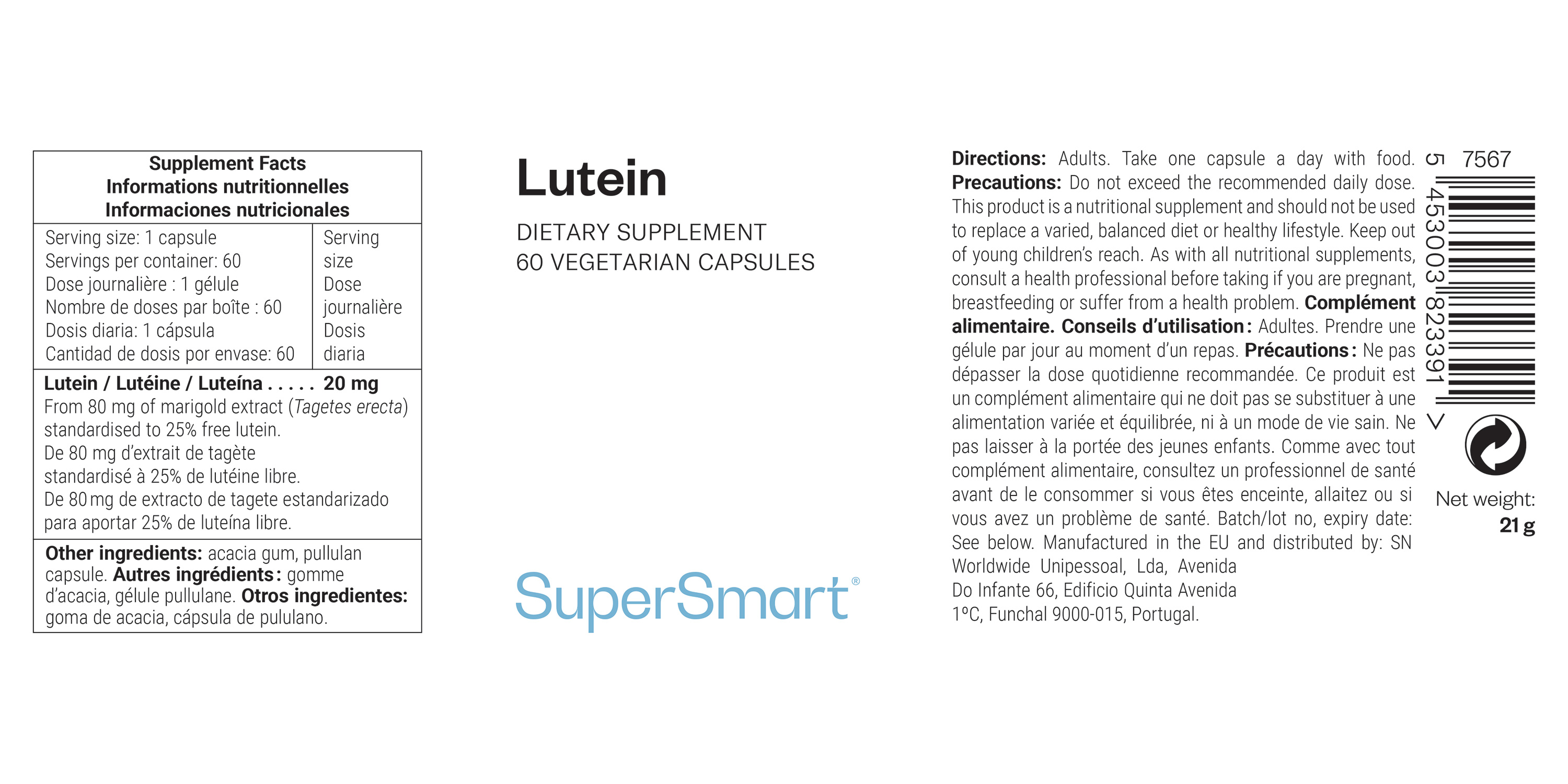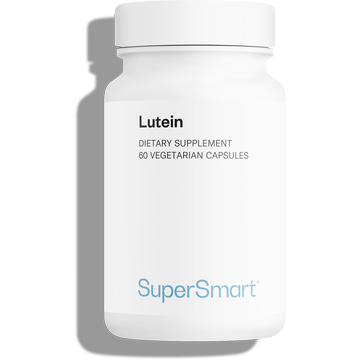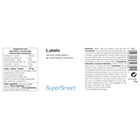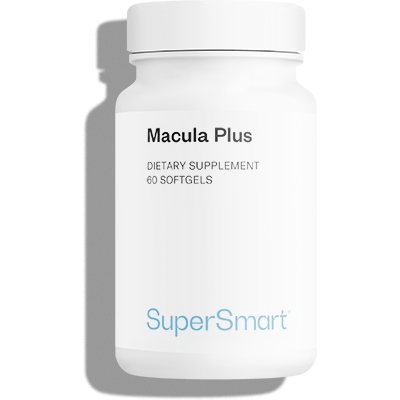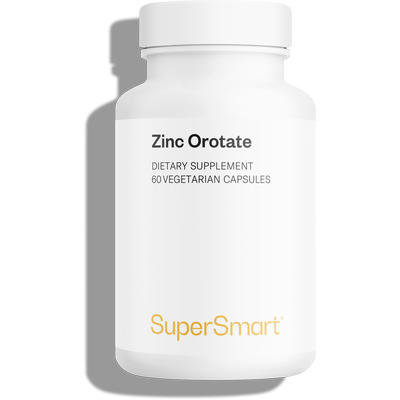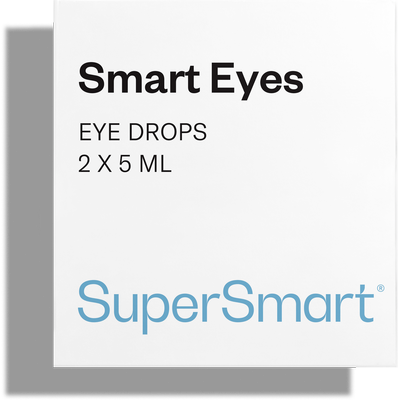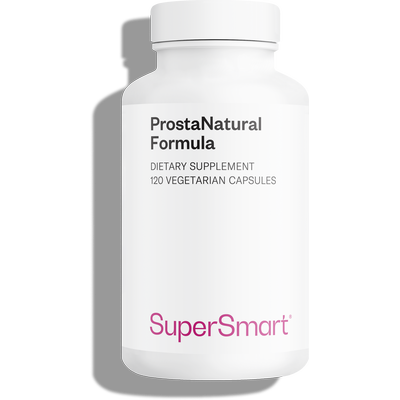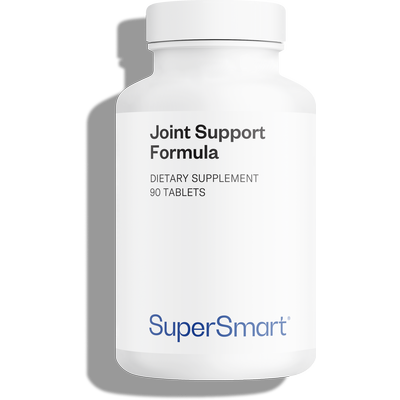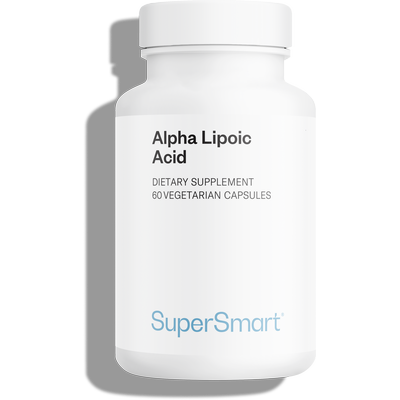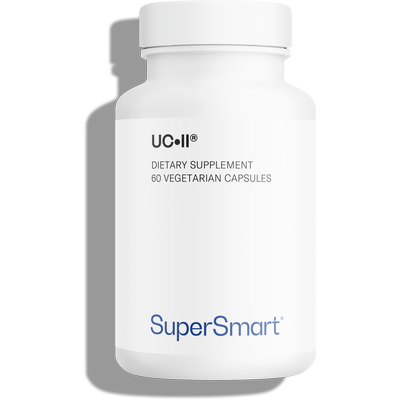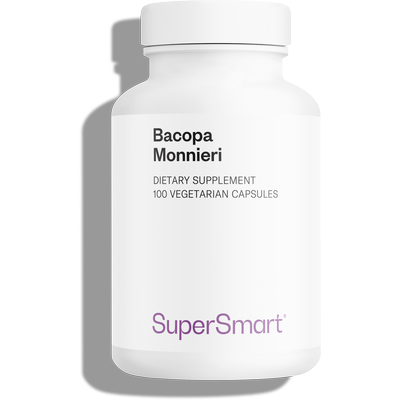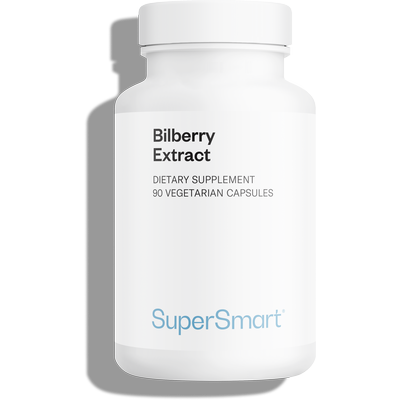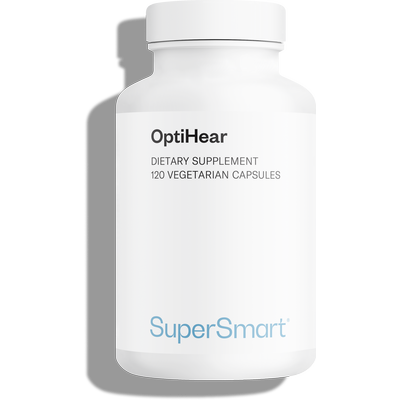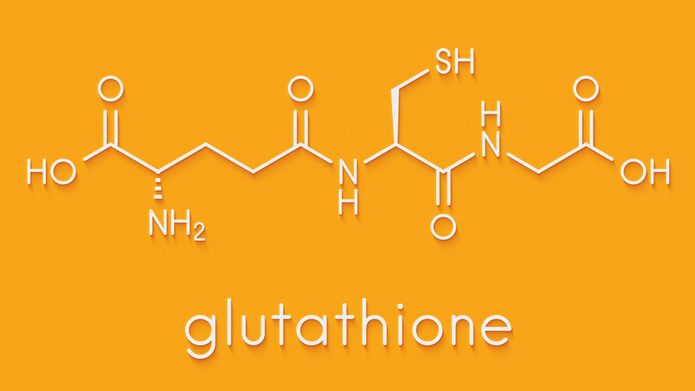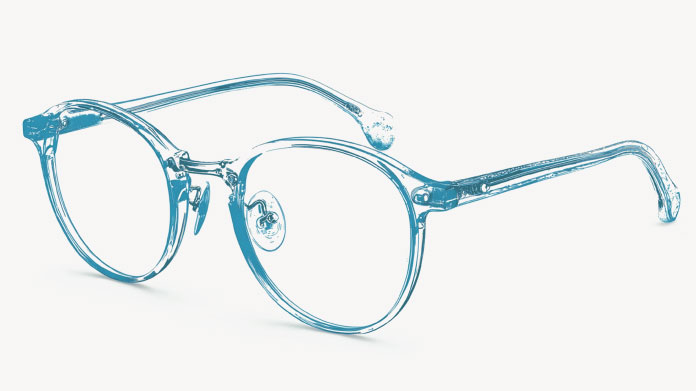Complete your selection
Lutein 20mg is a marigold supplement containing 20mg of lutein per capsule, which is the daily dose scientific studies consider to be most appropriate. Like Macula Plus, a formulation which also contains zeaxanthin, it helps support visual function.
What benefits are offered by marigolds?
The marigold is a plant used traditionally for its antioxidant properties and ability to support visual health. Its high content of lutein, a pigment found in the retina, is responsible for most of its benefits.
A plant species native to Mexico belonging to the Asteraceae family, it was discovered during an expedition to Africa in the 16th century by the Emperor Charles Quint, who was struck by the vividness of its colours. It is the plant’s natural richness in lutein, a carotenoid pigment with well-known antioxidant properties, which accounts for these bright hues. The marigold was traditionally used for its antioxidant and anti-inflammatory properties, as well as its ability to prevent wrinkles (1), and support visual health. This latter property is the result of its exceptionally high content of lutein. It also contains numerous bioactive compounds such as thiophenes, flavonoids and triterpenoids (2).
What exactly is lutein and what are its properties?
Lutein is one of 600 carotenoid pigments listed to date, of which around fifty are found in fruits, edible flowers and vegetables. Like zeaxanthin, it is part of the xanthophyll family. In terms of diet, lutein is found in egg yolk, green leafy vegetables (such as spinach and sorrel), yellow/orange vegetables (such as corn and carrots) and edible flowers including, of course, marigolds.
Lutein cannot be synthesised by the body so ensuring an adequate intake is very important. It acts as a shield against free radicals, particularly those generated by the sun’s ultraviolet rays. Plants themselves use the abundant xanthophylls in their leaves to modulate light energy and protect them from ‘chlorophyll triplets’, harmful excited states produced in huge amounts in the presence of elevated light levels.
The human eye, which is itself exposed to significant light levels, also contains xanthophylls: lutein, zeaxanthin and meso-zeaxanthin. Lutein and zeaxanthin are believed to be transported to the retina in the same proportions as those found in the blood. That’s why it’s important to obtain them from the diet.
Meso-zeaxanthin does not feature in the human diet but it’s thought that lutein is partly converted into meso-zeaxanthin (3-4) after ingestion, primarily in the macula, via a mechanism which seems to be less developed in young children than in adults. Lutein is present in photoreceptor cells, in the rod outer segments responsible for detecting light radiation, but also, to a lesser extent, in the brain, skin and adipose tissue.
What is in Lutein
Any questions?
Our team of nutrition experts and scientists has the answers.
The foods richest in lutein are primarily dark green vegetables, the kind that are increasingly passed over these days in favour of ultra-processed food. Lutein intake is therefore now significantly lower among Western populations.
Marigold extract, standardised to 25% lutein, is aimed at anyone keen to ensure long term visual acuity and good eye health in general. No side-effects have been reported to date in those taking lutein supplements.
Astaxanthin is a natural reddish-pink coloured pigment which belongs to the same carotenoid family as lutein. It is produced by several types of microalgae consumed by zooplankton, and in turn consumed by the latter's predators: pink flamingos, salmon, shrimps (hence their pink colour). It's a pigment that complements lutein perfectly.
This product’s capsules are made of pullulan, a natural polysaccharide obtained by fermenting tapioca or corn. Pullulan contains no animal ingredients and provides an excellent barrier to oxygen, helping to preserve the integrity of the capsule’s ingredients. It is also an eco-friendly alternative to synthetic materials.
march 30 2025
Excellent.
april 21 2020
indispensable
october 20 2025
Je prends ce produit pour un début de dmla Donc difficile à evaluer
I take this product for early AMD
So difficult to evaluate
 see the translation
Translated by SuperSmart - see the original
see the translation
Translated by SuperSmart - see the original
january 20 2025
Produit indispensable pour les yeux.
Essential product for the eyes.
 see the translation
Translated by SuperSmart - see the original
see the translation
Translated by SuperSmart - see the original
january 19 2025
Je l'ai commandé en même temps que Optivision, (120 comprimés) mais il n'y a que 60 comprimés. Je suppose donc qu'ils agissent de conserve pendant 60 jours. Pour le reste, on verra. Je devrais être opérée de la cataracte d'un oeil mais ne le peux car trop d'adhérences suite à un birdshot en rémission par miracle. Donc, je prends vos produits pour m'aider à ne pas devenir aveugle d'un oeil tant que nécessaire, avec en plus vos gouttes Smart Eyes depuis presque 10 ans je crois. M'ont bien aidées jusqu'à présent mais l'effet s'estompe, le pourquoi l'Optivision et Lutéine pour la 1ère fois. Ne sais si ça renforce vraiment mais j'essaie. Pour le reste, ce qui doit arriver arrivera.
I ordered it at the same time as Optivision (120 tablets) but there are only 60 tablets. I suppose they work together for 60 days. As for the rest, we'll see. I should have cataract surgery on one eye but can't because of too many adhesions following a birdshot in remission by miracle. So, I take your products to help me not go blind in one eye as long as necessary, along with your Smart Eyes drops for almost 10 years, I believe. They have helped me well so far but the effect is fading, hence the Optivision and Lutein for the first time. I don't know if it really strengthens but I'm trying. As for the rest, what must happen will happen.
 see the translation
Translated by SuperSmart - see the original
see the translation
Translated by SuperSmart - see the original

